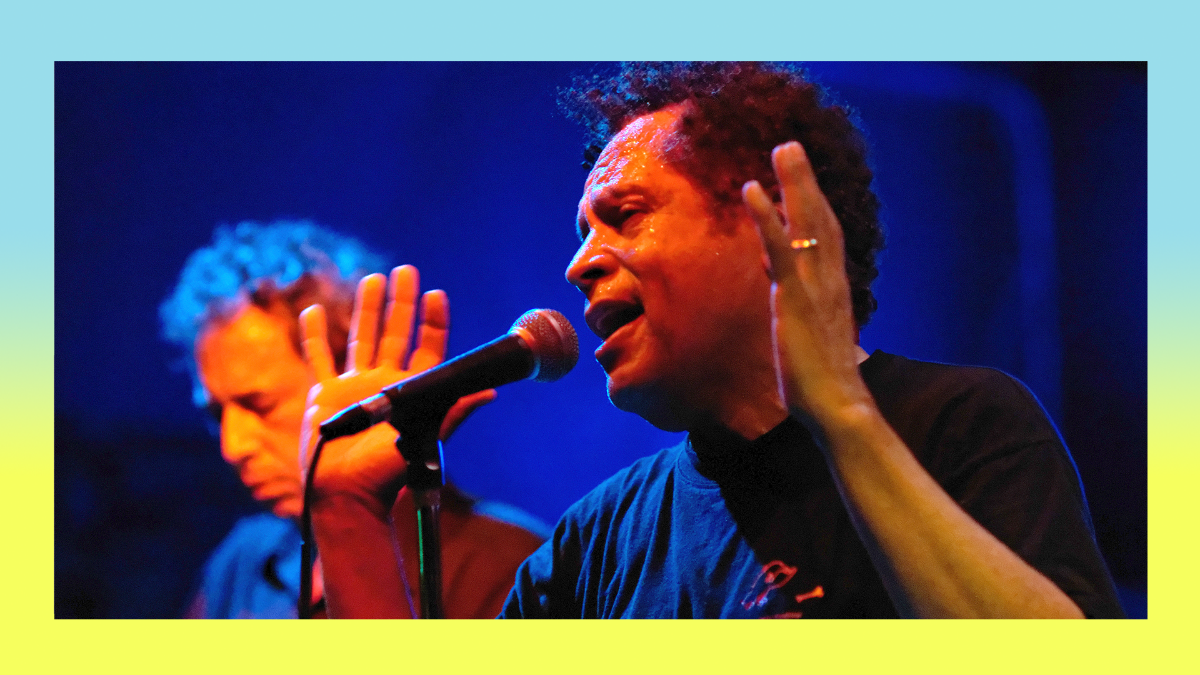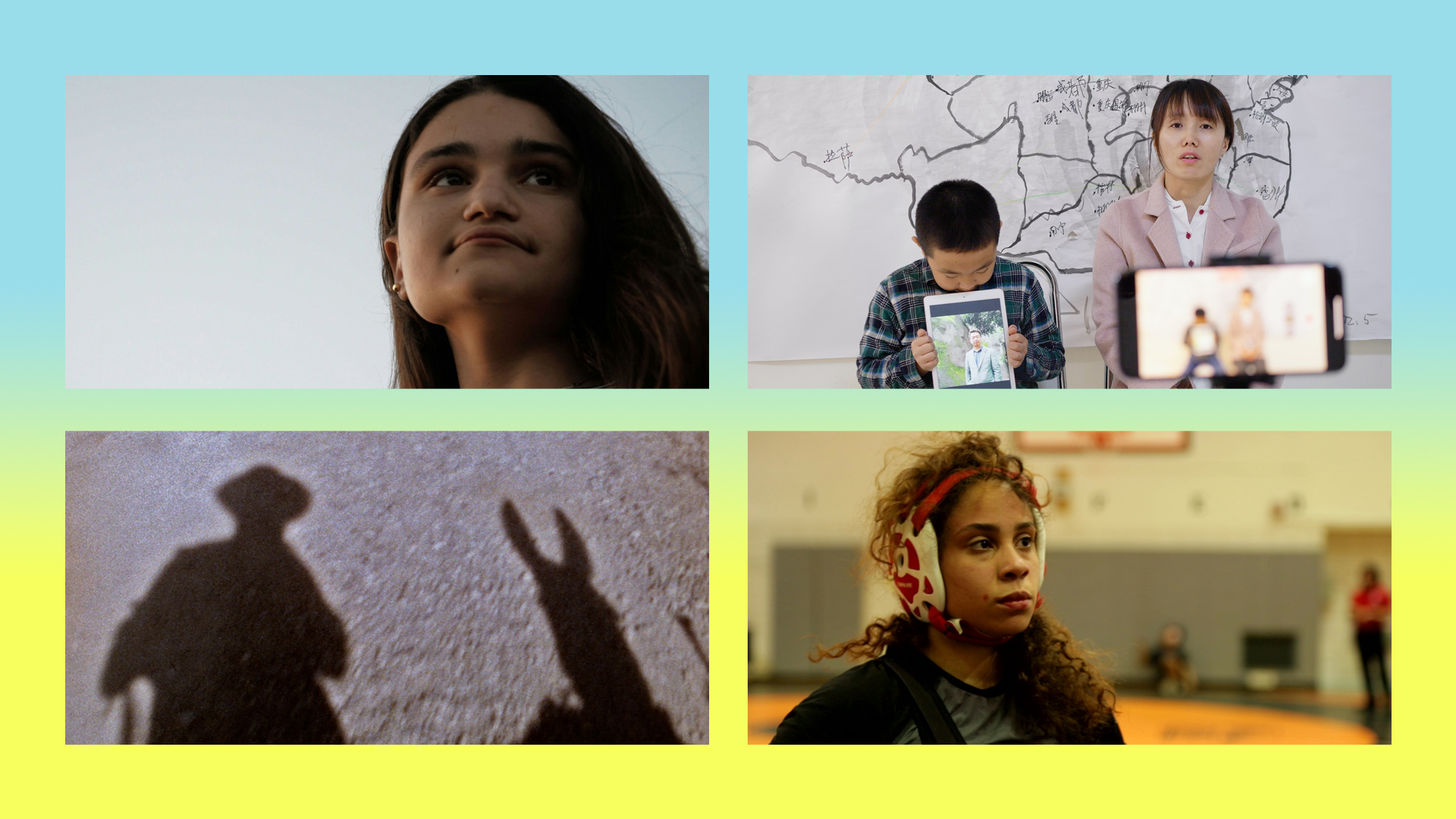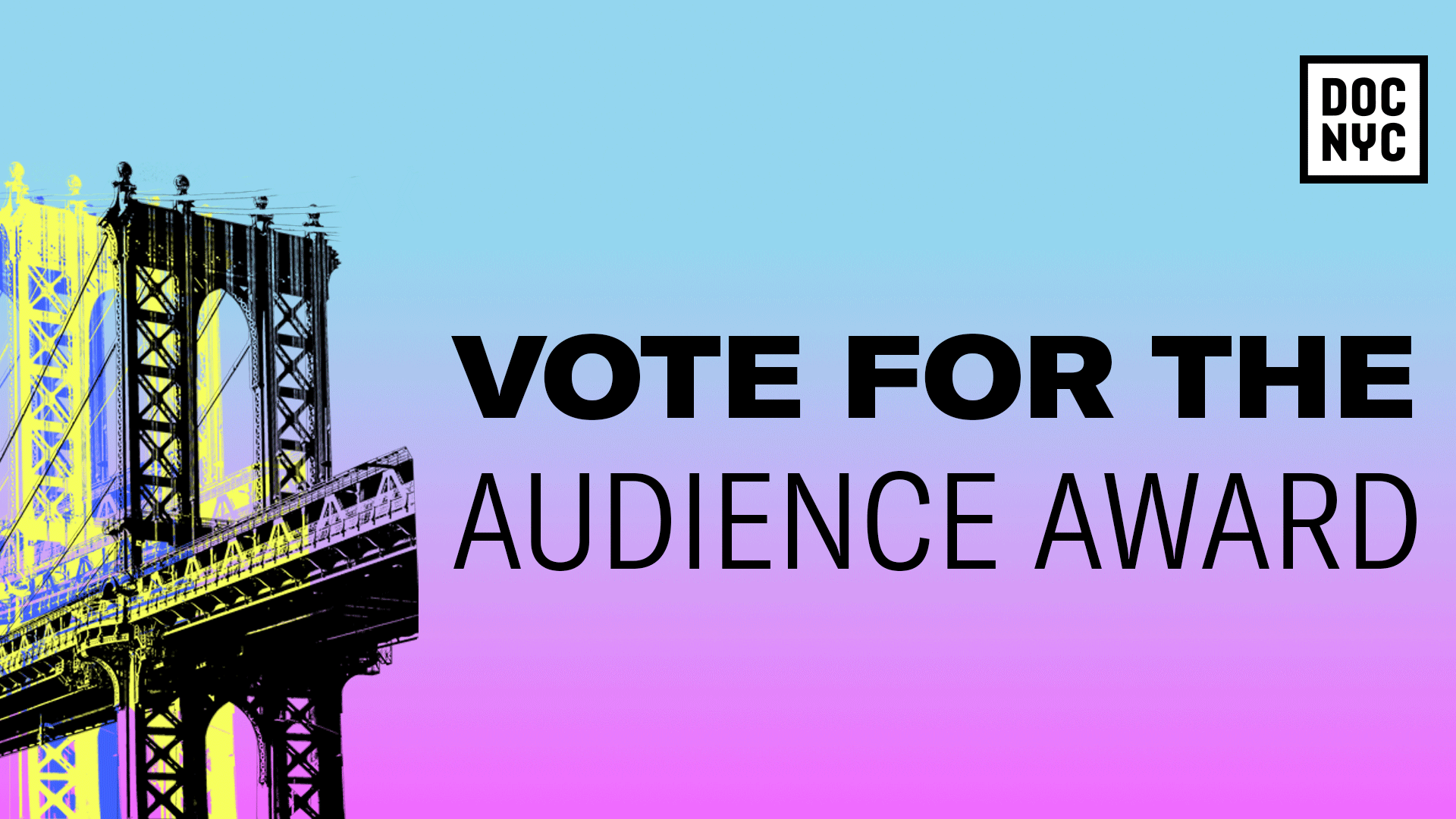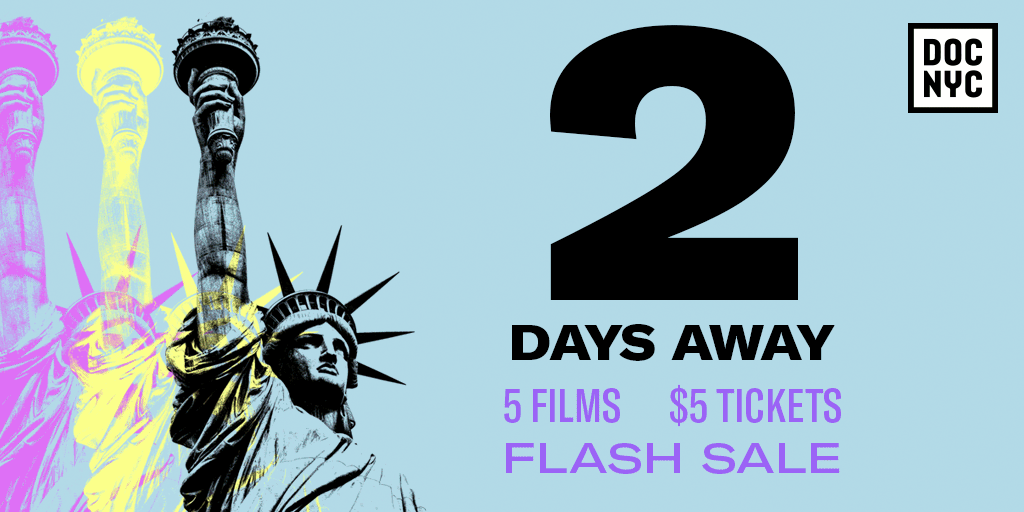How To Fund Your Doc (And Still Have A Life)
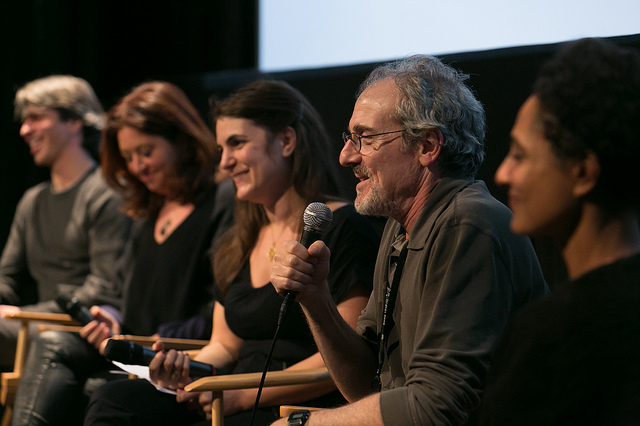
This post was written by DOC NYC blogger Jess Gonzalez

There is no one right way to make a documentary, but one thing is always sure: raising funds is one of the most important—and difficult—tasks a documentarian will undertake on the journey to complete his or her film. On Wednesday, aspiring filmmakers and fans alike got to pick the brains of a panel of experts at the Fund Your Doc: Advice From The Experts masterclass. The panel was part of DOC NYC’s Doc-A-Thon series co-presented by A&E Indie Films.
Moderated by former film publicist Jessica Edwards, the panel was comprised of Marshall Curry (STREET FIGHT, IF A TREE FALLS), Liz Garbus (BOBBY FISCHER AGAINST THE WORLD), Doug Block (51 BIRCH STREET), and Shola Lynch (FREE ANGELA AND ALL POLITICAL PRISONERS). These filmmakers were featured in Edwards’s book, Tell Me Something, a collection of sage advice from those on the front lines of documentary filmmaking.
“I was talking to my partner and I was like, ‘What would be the best way for you to figure out how to make a film?’ I just want to take everyone out for coffee…I’d love to just ask them what their advice would be.” Edwards said. “Then the book was born.”
Questions asked by the audience ranged from philosophical to technical as the panel discussed the ins and outs of not only making and raising the money for one’s documentary, but also the delicate art of balancing work, family, friends, and self.
“I think that you replenish your self through those endeavors,” Garbus said. “I think those things do fold into one another. Film is replenishing to myself, my family is replenishing to myself. It doesn’t need to be some other thing.”
Block had some wise words regarding the importance of raising enough money to cover all phases of production—especially the editing process.
“I think you need to raise enough money to pay your editor all the way through,” he said. “The worst mistake beginner filmmakers make is that you only raise enough to get through a cut, expecting to raise money from your rough cut. And then you lose the editor because they can’t wait around for you to raise the money.”
Curry had a slightly different experience with his first film, STREET FIGHT, which he shot and edited almost entirely on his own. This not only significantly cut the costs down, but also proved to be an intense learning experience.
“That was leap-before-you-look, for sure,” he said. “But also, I didn’t hire all these crews and I didn’t hire all these people. I knew it was going to be film school for me.”
Although the backgrounds and shooting styles of the panel varied widely, they could all agree on the importance of both listening to advice—and also ignoring it. As Edwards delved into the each panelist’s advice as shared in her book, the importance of being true to oneself shone through.
“I think that part of this process is evaluating what are your strengths as a filmmaker,” Lynch said, “and working to fill the weaknesses. Play to your strengths…just evaluate yourself and try to be honest, and then you will find ways to be successful.”
Tell Me Something, which includes a forward by DOC NYC Artistic Director Thom Powers, is available for purchase on Amazon.com.
